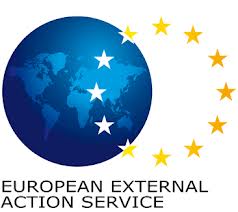
EU Reform: Five recommendations for the European Foreign Service
With the Lisbon Treaty, the member states of the European Union (EU) established a European External Action Service (EEAS), otherwise known as the ‘European foreign service’, consisting of several thousand officials drawn from the EU institutions and national diplomatic offices. The EEAS has existed since January 2011 and falls under the authority of the EU High Representative Lady Ashton. In addition to the Brussels headquarters, there are some 140 EU delegations (‘embassies’) in other countries. This spring, there will be a formal review. The mid-2013 review of the EEAS, as it is called, presents an opportunity to improve the current structure. Catherine Ashton should use the momentum of this review to make the EEAS a more effective international actor. The EEAS will be an important part of her legacy after she resigns as High Representative next year. I have five recommendations.
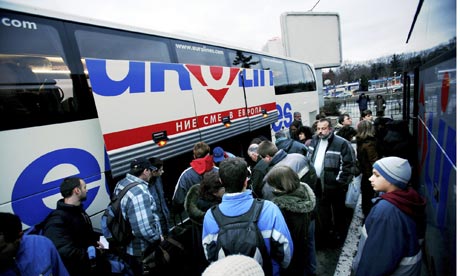
How many Bulgarians and Romanians will come to the UK? Estimating migration is hard, but the lifting of restrictions on ‘A2’ nationals is unlikely to have the impact of the 2004 enlargement
On 1 January 2014 British labour markets will be open to Romanian and Bulgarian nationals (the “A2”) as they are to people from the rest of the EU. Many are wondering what the effects will be – although some impacts of Romanian and Bulgarian free movement have already happened, with an estimated 100,000 to 150,000 people born in the A2 currently living in Britain.
Still, the lifting of restrictions creates an expectation of increasing rates of immigration. Over the weekend Eric Pickles claimed to have seen estimates of how many Romanians and Bulgarians might arrive – though he would not reveal what the estimates were – and worried about pressure on the UK’s housing market. Other prominent politicians, including Theresa May and Ed Miliband, have raised concerns that increased migration may reduce wages, especially for the lowest earners.

Civic Republicanism in Spain: A North Star for hard times
The key principle of Republicanism is to minimise domination wherever it is found. The Zapatero governments in Spain, for example, showed how this idea can shape the policies of nation states. Is it possible to extend Republican principles to the global arena? I’ll start with what everybody knows. We live in hard times. There is much more suffering in Europe right now than just five years ago – much more domination too. Arguably, a sort of global redistribution is benefiting ‘developing’ countries to the detriment of the ‘developed’ world. But Western democracies are doing badly, and their prospects are not promising. [This post is part of the Democratic Wealth series, hosted by Politics in Spires in partnership with Our Kingdom.]

Integration on Trial: EU disintegration is still possible and the theories behind supernational governance offer little guidance
It is right to ask questions about a possible European disintegration. But we won’t find answers by looking at integration theory. Indeed, many theories have sought to explain why and how supranational governance develops, but, as I argue in a recent essay, many of them give us only a little hint as to why, when and how supranational competences can be repatriated. In this essay, and this post, I examine two of the most influential ones: ‘neofunctionalism’ and ‘intergovernmentalism’.
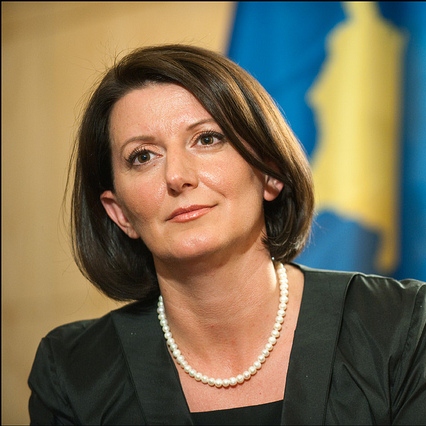
Fighting corruption: Effective examples from surprising places
What could Hong Kong, Liberia, and Kosovo teach us? Perhaps, rather unexpectedly, about successful ways of dealing with public corruption. Corruption is effectively a hidden tax on living and doing business in many emerging democracies and, as a result, is one of the most serious obstacles to deepening democracy and economic development. It is particularly dangerous when corruption turns into a culturally accepted practice.
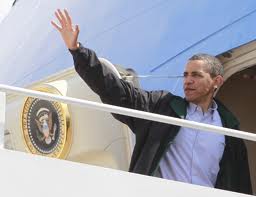
Flyover: Why Europe is no longer a top destination for Air Force One
After fresh re-election, Barack Obama skipped Europe. And no one is surprised. Instead, he made his first foreign trip to Burma (Myanmar), Cambodia and Thailand, thus clearly indicating the priorities of US foreign policy in the next four years.
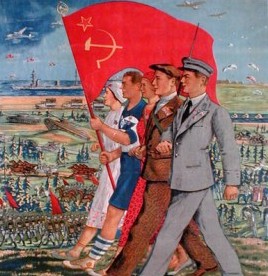
Who cares about Transnistria? Linkage and Leverage: External actors and conflicts in the post-Soviet space
The colour revolutions in Georgia (“Rose” 2003) and Ukraine (“Orange”, 2004) seemed to promise that countries on the North and East of the Black Sea would shake off their “post-Soviet” label and take a firm and unwavering road towards Europe and the US. Perhaps the states of Central Asia would choose a similar route. Russia would have to take a back seat. A resurgent Russia under Putin has destroyed much of this myth, not least because of Russia’s involvement in the de facto states which have arisen from conflicts: South Ossetia and Abkhazia (Georgia), Nagorno-Karabakh (Armenia/Azerbaijan) and Transnistria (Moldova). Russian influence after 200 years of empire runs deep, but local factors also have a bearing; the EU and US have not applied sufficient drive or resources to the region, or to the conflicts, to balance or check Russia.
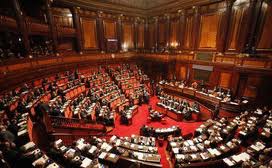
The Crisis of the Italian Second Republic: In a right mess, but are the alternatives any better?
History, as Marx taught us, likes to repeat itself: the first time in the form of a tragedy; the second, a farce. What may be unique about Italy, though, is it’s often hard to distinguish between the two. This is a country where the situation is often tragic but never serious.









